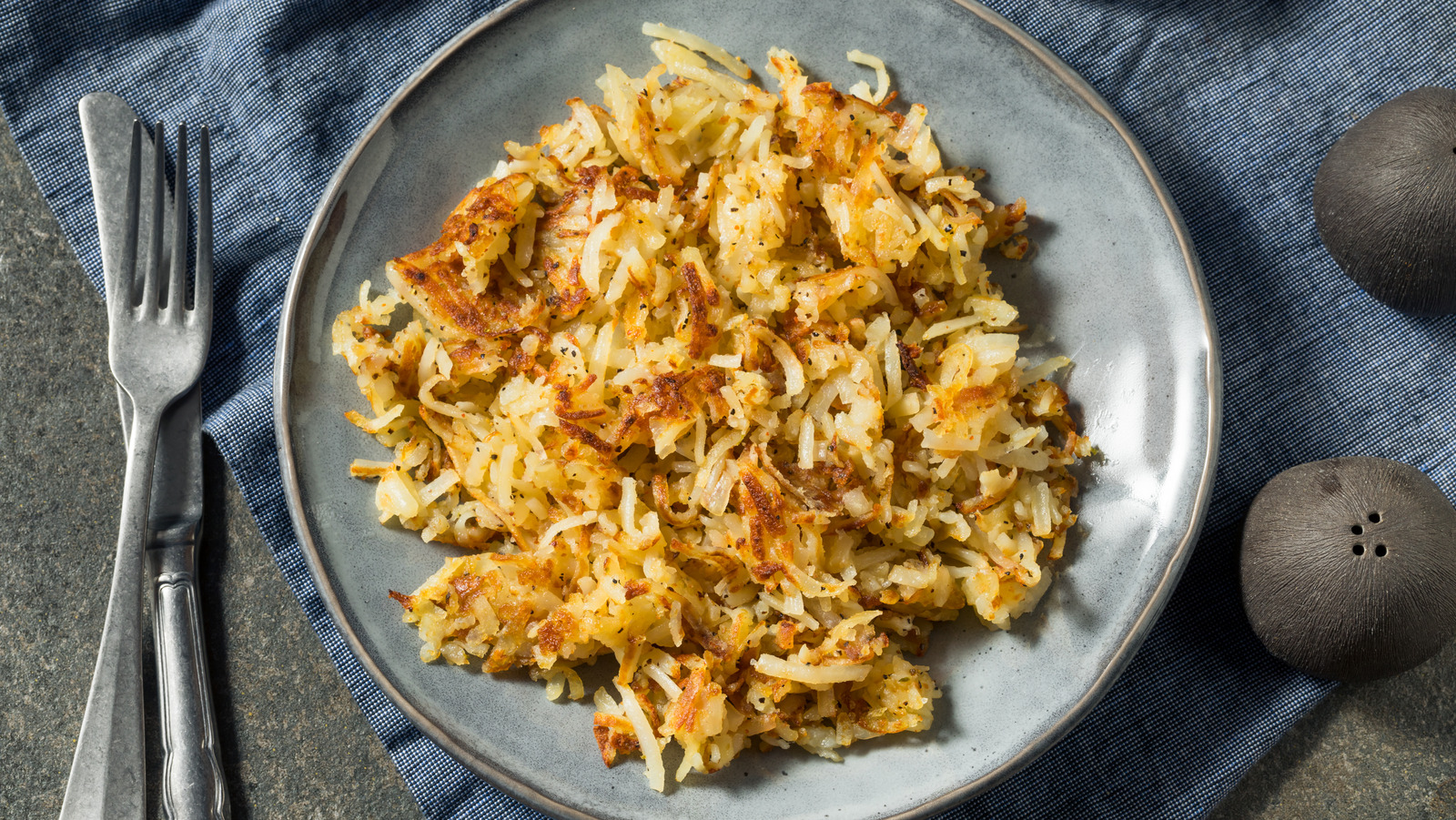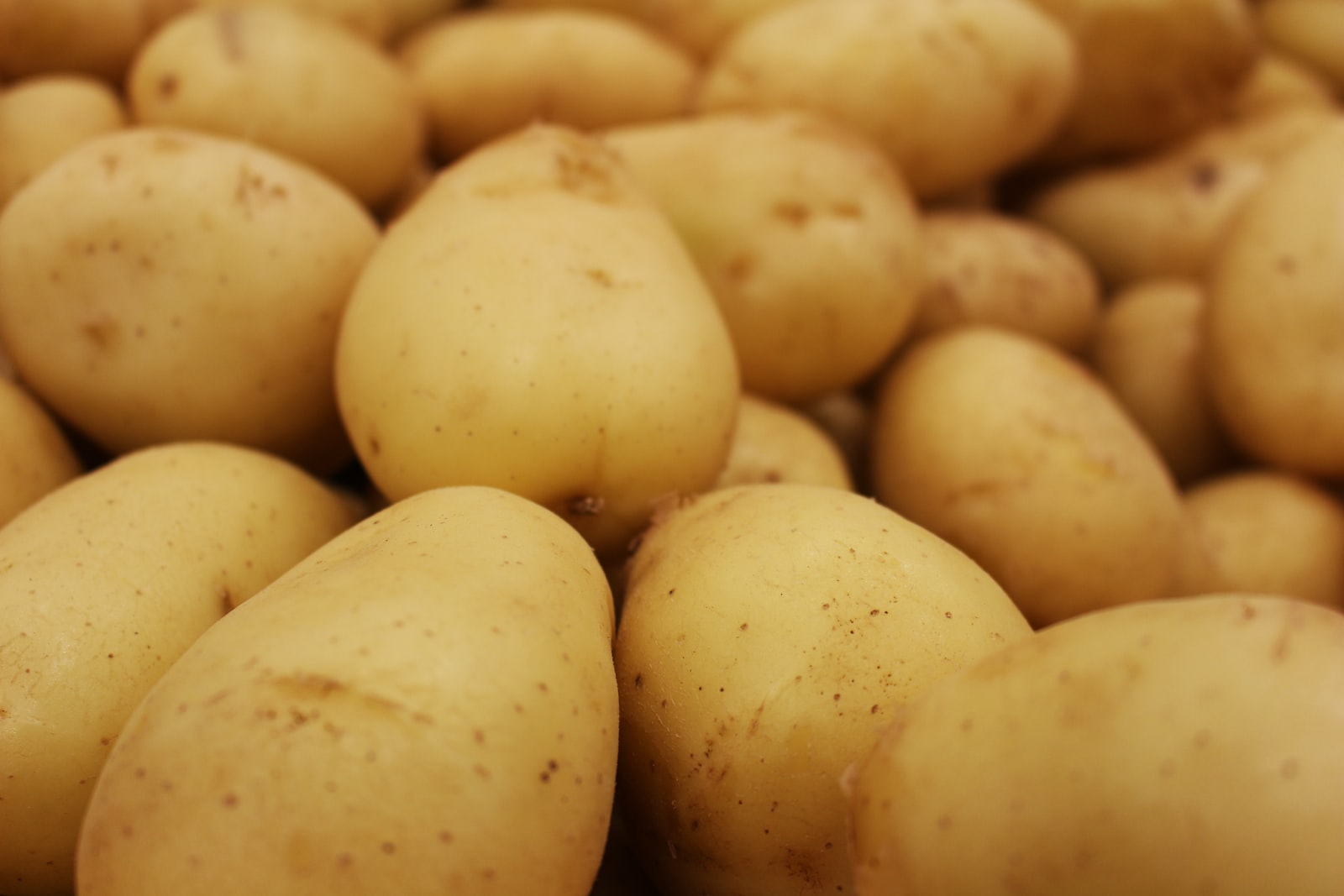おはようございます。KANOです。今回はこちらの記事から。

ハッシュブラウンの起源について。
イモをどうにかしているということしか知らないw 朝マックのあのポテトのことでいいんだよな…。
be bound to do
意味 (主に話) きっと…する, …するはずだ ( (書) では be certain to do や it is inevitable …の方が普通)
When you fry potatoes, there’s bound to be a little smoke. Perhaps that’s why the history of hash browns is a little hazy. More realistically, though, it’s likely hard to pin down the origin of hash browns because the dish has a very simple recipe. It’s so straightforward, the first person to hash and brown potatoes probably didn’t think to write it down. Still, it’s possible early U.S. food service establishments, like railroad dining cars, served an early version of hash browns alongside their home fries.
https://www.thedailymeal.com/1256754/hash-browns-dark-age-origin-name/
固めに焼き上がった状態ってことかな。
merely
意味 (かたく)[名詞句の前で]単なる, ただの
However, somebody did eventually write about hash browns for the very first time in the “Minnesota Farmers’ Institute Annual of 1835.” That was merely a reference, though, and it wasn’t until the 1880s that actual recipes were put into a cookbook: “Miss Parloa’s Kitchen Companion: A Guide for All Who Would Be Good Housekeepers.” That paved the way for New York hotels during the 1890s to start serving hash browns as gourmet breakfast dishes, and by the 1910s, hash browns made their way onto lunch counters, too. Once quick-service restaurants took over the American culinary scene in the 1950s, processed potatoes became the now-famous fast-food breakfast hash brown. But how was this particular name chosen?
https://www.thedailymeal.com/1256754/hash-browns-dark-age-origin-name/
moniker
意味 名前, あだ名.
“Hash brown” is a fitting moniker, since chefs make this dish by hashing (cutting) and browning (frying) the potato. The background of the word “brown” is its own thing, but “hash” and the cutting tool known as “hatchet” are both etymologically derived from the French word “hache.” In France, that term is used to refer to none other than a battle-axe, something infamous for slicing up organic material — if you catch our drift.
https://www.thedailymeal.com/1256754/hash-browns-dark-age-origin-name/
「ハッシュ」語源はシンプルなのね。
encircle
意味 <…で>〈人· 物〉を包囲する, 取り囲む (surround) <by, in, with>.
According to The Washington Post, English speakers started saying “hash” in the 1600s, around the same time the French started making “hachis”: chopped meat and veggies encircled by buttery, eggy, and puréed spuds. During the 17th century, for instance, “Martha Washington’s Booke of Cookery” detailed a trio of meat-and-potato hash recipes, a type of dish eventually served at cheap “hash house” restaurants. Still, as mentioned, no one recorded hash browns, specifically — as in, just fried potatoes — until later on in the 19th century.
https://www.thedailymeal.com/1256754/hash-browns-dark-age-origin-name/
nifty
意味 [C]気の利いた [心に残る] 言葉 [もの].
There are some nifty things you’d never think to do with hash browns that can actually accomplish quite a lot in the kitchen. Hacking up your enemies with hash browns, though? Well, you probably want to leave that idea on the cutting room floor. Even so, bringing up such a connection at the breakfast table may allow you to entertain fellow diners with your sharp-minded knowledge. Plus, for anyone French, those battle-axes were once a cutting-edge technology worth being proud of.
https://www.thedailymeal.com/1256754/hash-browns-dark-age-origin-name/


